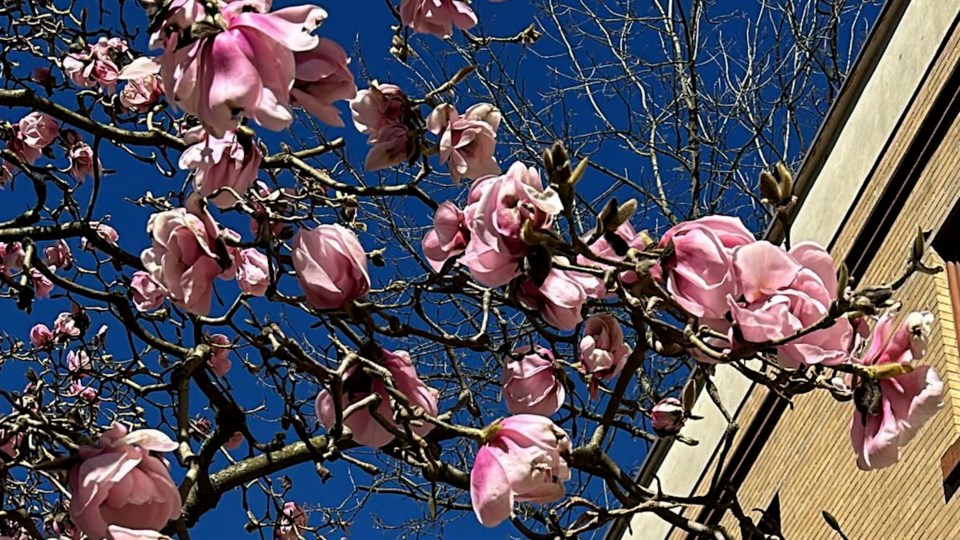The first day of spring has arrived in British Columbia and so too has an earlier-than-normal allergy season.
Tree pollen had an early start to the year, prompting complaints to doctors as early as January.
Dr. Amin Kanani, a clinical associate professor in the division of allergy and immunology at the University of British Columbia, says the allergy season was a month early this year.
“We were seeing pollen counts coming in starting at the end of January,” he explains. “Some years we don’t see it until the end of February.”
The mild winter is to blame. Warm temperatures this week mean pollen counts are up.
“If you look at the trend over the past few decades, we are seeing an earlier start to tree pollen season and higher peak pollen counts are occurring during the season,” he says. “Climate change has been affecting the pollen counts and they start earlier and are much higher.”
In B.C., there are two large allergy seasons: tree pollen season and grass pollen season.
Tree pollen season starts in February and typically settles down by the end of May.
"But in May grass pollen starts and will go all the way to August,” says Kanani.
It’s important for the public to identify what they’re allergic to and get testing done if it impacts daily life. Kanani says people have perennial allergies to dust and animal dander, which can prime them to react even stronger to pollen allergies.
“Controlling those perennials will be helpful,” he says.
He notes immunotherapy for allergies can be quite helpful. This allows the person to take tablets under their tongue from home, instead of coming in to see the doctor.
“That's been a nice change for a lot of our patients who want to do something like that. It's less of a burden to get onto that treatment,” he says.
Tree pollen in Vancouver, Victoria and Kelowna is currently very high and expected to continue at that level for a number of days.


